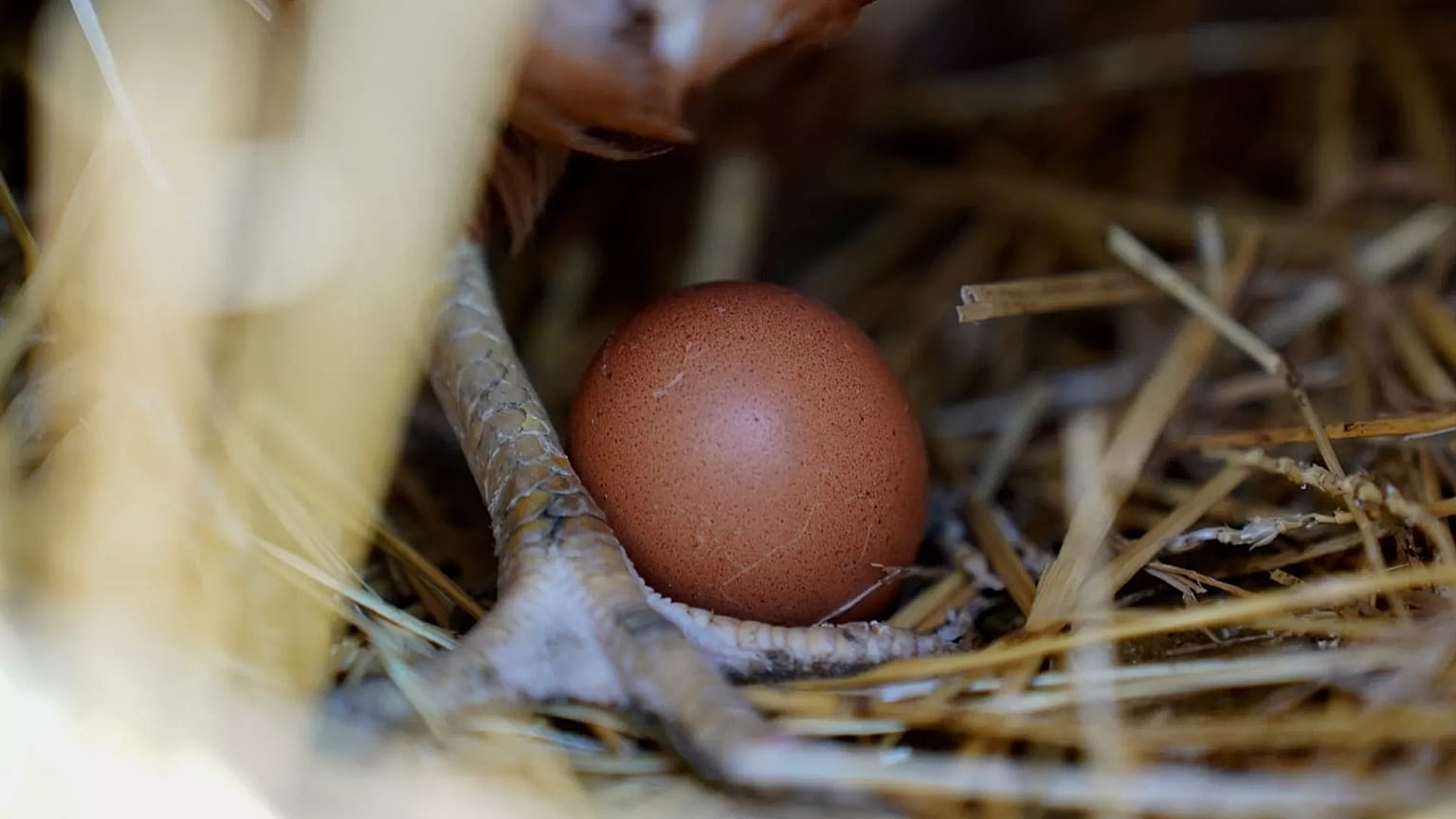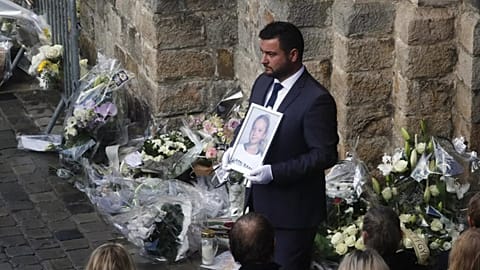The decree triggers additional surveillance and prevention efforts to keep bird flu from spreading.
France is raising the alarm over bird flu, saying the risk to poultry farms is “high” nationwide amid a rise in cases across Europe.
The decree from the French agriculture ministry, which was posted on Tuesday, means that poultry farms will be required to keep their birds indoors. The ministry said it “aims to strengthen surveillance and prevention measures” against the virus.
Highly pathogenic avian influenza, also known as bird flu, has spread at elevated levels in recent years among wild birds and poultry farms worldwide, and has jumped to mammals such as mink and cats.
Several cases have also been reported in people who came into contact with infected birds and other animals, particularly in the United Kingdom and the United States. That raises the risk that the virus could mutate to a point where it spreads more easilyamong people, worrying global health experts.
So far, however, no cases of human-to-human transmission have been reported.
In recent years, tens of millions of birds have been culled in Europe to prevent the virus from spreading.
“The risk to human health in the EU/EEA is currently considered very low,” the European Centre for Disease Prevention and Control (ECDC) said in mid-October.
Other European countries have also taken recent steps to address bird flu risks. Last week, the Dutch agriculture ministry said it had detected an outbreak on a poultry farm, leading to the culling of 71,000 birds and an order to keep birds indoors.
Meanwhile, in Spain, regional authorities announced last month that they wouldramp up biosecurity and surveillance measures after they detected three potential outbreaks in a matter of days.
France’s alert comes two years after it began vaccinating farm birds against the virus, which it said helped the poultry industry recover from devastating outbreaks.


















